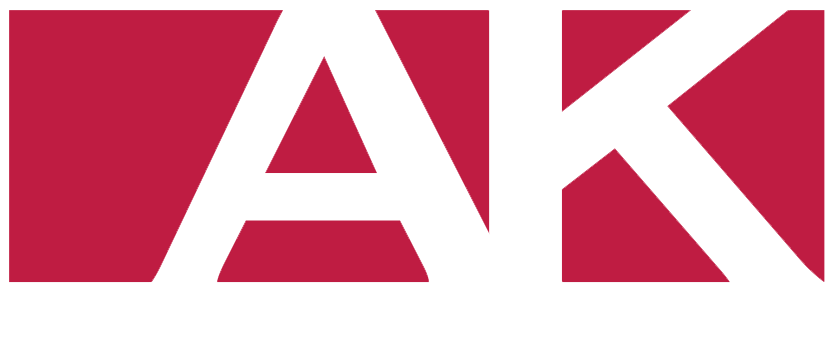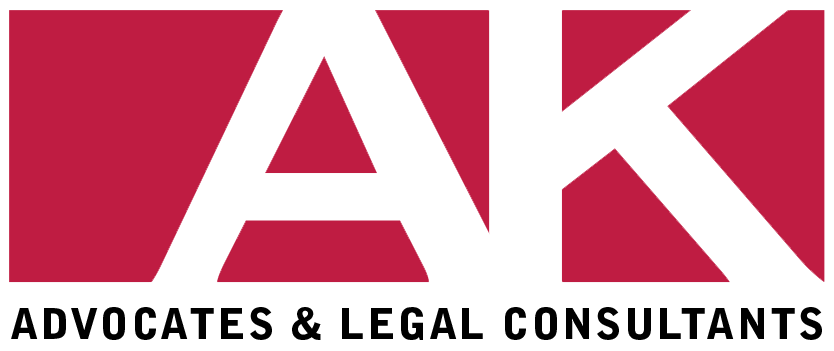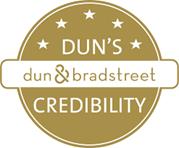Software Patents in Israel: A Legal and Technical Framework
Software Patents in Israel: A Legal and Technical Framework
By: Adv. Assaf Kriel (L.L.B, M.B.A, C.I.A, IntArb)
AK & Co. (Israel)
Overview
Israel stands at the forefront of global technological innovation, with its robust intellectual property framework supporting this position. According to the Israeli Patent Office (IPO) statistics from 2022, the office processed approximately 7,800 patent applications, with software and computer-implemented inventions representing nearly 25% of the total submissions. This significant proportion reflects Israel's strength in the technology sector, where over 6,600 active technology companies contribute to the nation's intellectual property landscape as of 2023.
The Israeli patent system
The Israeli patent system operates under a well-defined framework for protecting software innovations. While all patentable inventions must demonstrate novelty, utility, and an inventive step, software patents face additional scrutiny regarding their "concrete technological character." This requirement has proven effective, as evidenced by the 62% success rate for software patent applications that clearly demonstrate technical implementation, compared to a 27% success rate for applications focused primarily on abstract concepts.
The examination process for software patents involves detailed technical evaluation by specialized patent examiners with expertise in computer science and related fields. The IPO has invested significantly in developing examination guidelines that address the unique challenges of software patents, including the assessment of artificial intelligence algorithms, machine learning systems, and other emerging technologies. These guidelines have contributed to greater consistency in patent examinations and improved clarity for applicants.
trends in software patent applications
Recent IPO data from 2022-2023 reveals notable trends in software patent applications across different sectors. Cybersecurity innovations account for 31% of granted software patents, while artificial intelligence applications represent 28%, and medical technology solutions comprise 22%. These figures align with Israel's recognized expertise in these fields, as documented in the 2023 Israel Innovation Authority report. The remaining 19% encompasses various technological domains, including fintech, telecommunications, and enterprise software solutions.
The examination process
The patent examination process has evolved significantly since the IPO introduced comprehensive software patent guidelines. The average processing time for software patent applications stands at 22-28 months as of 2023, comparing favorably with the international average of 32 months among OECD countries. This efficiency stems from systematic improvements in the evaluation process, supported by an annual budget of 89 million NIS dedicated to modernizing patent examination procedures.
The IPO has also implemented initiatives to support small businesses and individual inventors. These include reduced fees for small entities and enhanced guidance services for first-time applicants. Such measures have contributed to a more diverse patent applicant pool, with small and medium-sized enterprises accounting for approximately 35% of software patent applications in 2022.
Israel's global position
Israel's global position in innovation remains strong, ranking 15th worldwide in patent applications per capita according to WIPO's 2023 Global Innovation Index. The patent office has demonstrated consistent growth, with approximately 1,850 software-related patents granted in 2022, representing an average annual growth rate of 8.5% over the previous five years. This growth reinforces Israel's position as a global technology hub, particularly in emerging fields such as artificial intelligence, cybersecurity, and digital health technologies.
International collaboration
International collaboration has played a significant role in shaping Israel's patent landscape. The IPO maintains active partnerships with major patent offices worldwide, including the USPTO, EPO, and CNIPA. These relationships have facilitated knowledge exchange and contributed to the harmonization of patent examination practices. Israeli patent examiners regularly participate in international training programs and conferences, ensuring that examination standards remain aligned with global best practices.
Conclusion
The success of Israel's software patent system is reflected in its broader impact on the innovation ecosystem. With Israeli tech companies raising over $14 billion in funding in 2022, the robust intellectual property framework continues to support Israel's reputation as the "Startup Nation." The system maintains a careful balance between protecting innovation and ensuring that patents contribute meaningful technological advancement to their respective fields. This balanced approach has proven particularly valuable in the software sector, where rapid technological evolution requires a patent system that can adapt while maintaining high standards for patent quality.
Contact us Kriel & Co. - Law Firm and Notary
Contact Us
Thank you for your inquiry, we will contact you as soon as possible.
Oops, an error occurred, please try again later.
Links:
Head Office:
+972-3-9119303
+972-76-5104801
Assaf@akawfirm.co.il
28 HaArba'a St.,North Tower, 5th Fl., Tel-Aviv, Israel 6473925
Modiin Office:
+972-77-3-180-782
38 Dam Hamaccabim , Dona 1 Tower, 2nd.Floor, Pre-schedule meeting only

We believe that no client is too small and no opponent is too powerful. Our philosophy has always been that every client deserves the most skillful counseling and aggressive legal representation that we can provide to produce for our clients truly exceptional results.
The site was built by Kidum Plus - site building and website promotion




